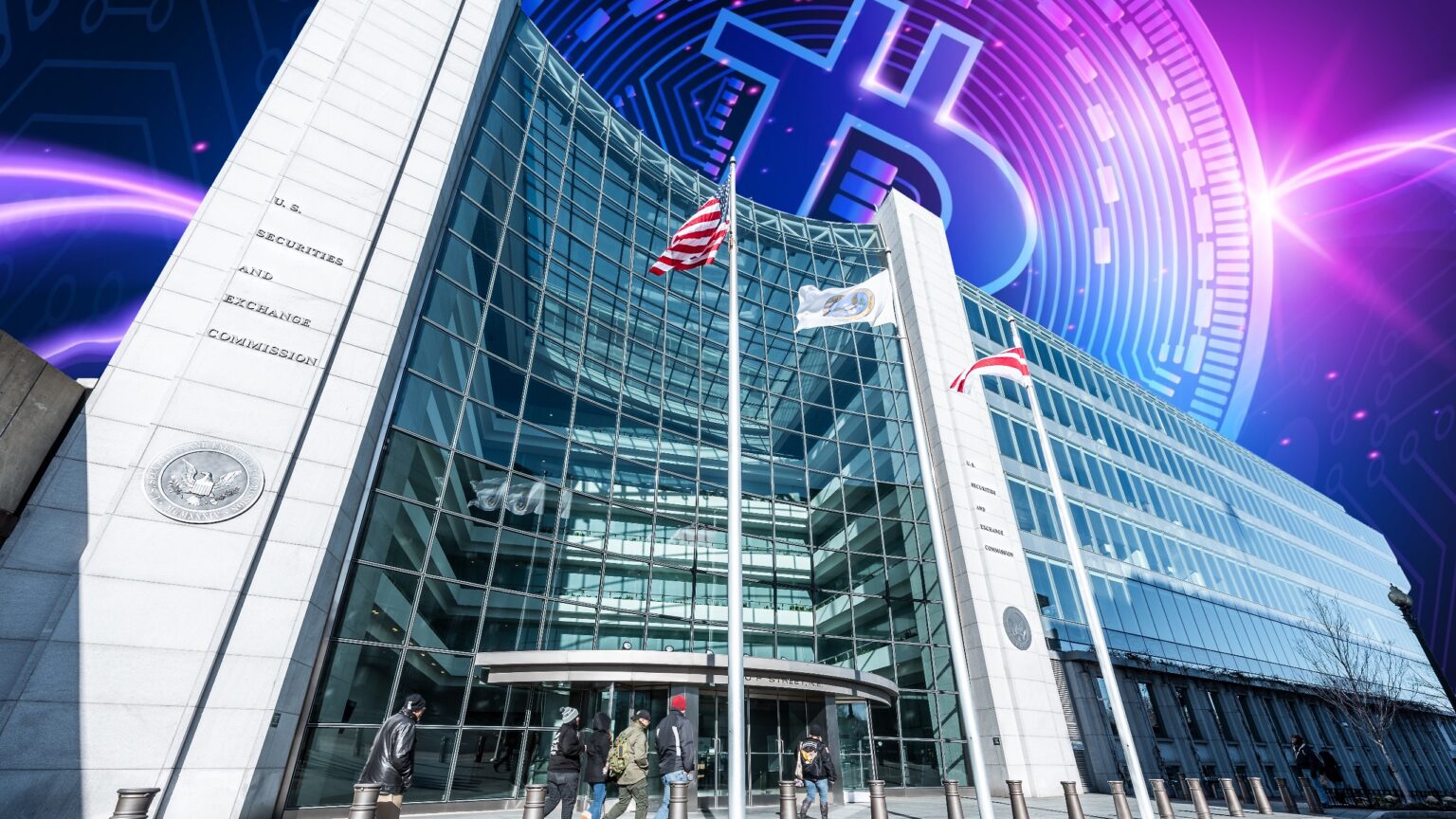The U.S. Securities and Exchange Commission (SEC) has delivered its verdict on what is and is not a security, and the financial governing body has ruled that if it’s a cryptocurrency that’s not called Bitcoin – it’s a security.
The revelations came on Monday when Brian Armstrong relayed the SEC’s blanket ruling to the media.
The SEC on crypto
Everything is a security, except Bitcoin. This is the judgment of the SEC, according to Coinbase CEO Brian Armstrong.
Last month, the financial regulator told Armstrong that Coinbase should delist every single cryptocurrency on the exchange, or face legal action.
“They came back to us, and they said . . . we believe every asset other than Bitcoin is a security,” Armstrong told the FT. “And, we said, well how are you coming to that conclusion, because that’s not our interpretation of the law. And they said, we’re not going to explain it to you, you need to delist every asset other than bitcoin.”
Having failed to bully Coinbase into capitulation, the SEC followed through on its promise to bring legal action. The body filed papers against the exchange on June 6, a day after filing similar charges against Binance.
Coinbase in a corner
By calling on Coinbase to delist every token on its exchange, the SEC made legal action difficult to avoid.
Under the leadership of Gary Gensler, the SEC has become increasingly hostile and litigious when dealing with cryptocurrencies and its related businesses.
As Armstrong points out, complying with a request of this nature leaves exchanges such as Coinbase with no business model to speak of.
“We really didn’t have a choice at that point,” he said.
“Delisting every asset other than Bitcoin – which by the way is not what the law says – would have essentially meant the end of the crypto industry in the US. It kind of made it an easy choice. Let’s go to court and find out what the court says.”
By making such punitive demands the SEC put Coinbase in a corner.
Not the SEC, just SEC staff
Even as Armstrong claims the SEC tried to effectively close its business, the governing body is attempting to distance itself from the accusation.
The SEC says that its enforcement division did not make any behind-doors request for Coinbase to delist crypto assets.
It did go on to clarify that: “In the course of an investigation, the staff may share its own view as to what conduct may raise questions for the commission under the securities laws.”
The clarification only muddies the waters further.
Armstrong and fellow cryptonians will hope the courts can provide the necessary certainty and clarity the industry requires.
As Charley Cooper, former CFTC chief of staff told the FT, “There are a bunch of American companies who have built business models on the assumption that these crypto tokens aren’t securities, If they’re told otherwise, many of them will have to stop operations immediately.”
In showing its hand, the SEC has demonstrated that the stakes for the industry could not be higher.
Security coins?
In the most recent round of legal wranglings with crypto exchanges, a number of coins have been singled out as securities.
The SEC named Solana (SOL), Cardano (ADA), Polygon (MATIC), Filecoin (FIL), The Sandbox (SAND), Decentraland (MANA), Algorand (ALGO) and Axie Infinity (AXS) in both the Binance and Coinbase legal filings.
The Binance legal case also named Cosmos (ATOM), Binance Coin (BNB), Binance USD (BUSD) and COTI (COTI).
The Coinbase case named Chiliz (CHZ), Near (NEAR), Flow (FLOW), Internet Computer (ICP), Voyager Token (VGX), Dash (DASH) and Nexo (NEXO).
These coins may all take some heart from the case of fellow cryptocurrency Ripple which recently won a court ruling against the SEC. Although precedence suggests the SEC won’t give up easily.









 and then
and then